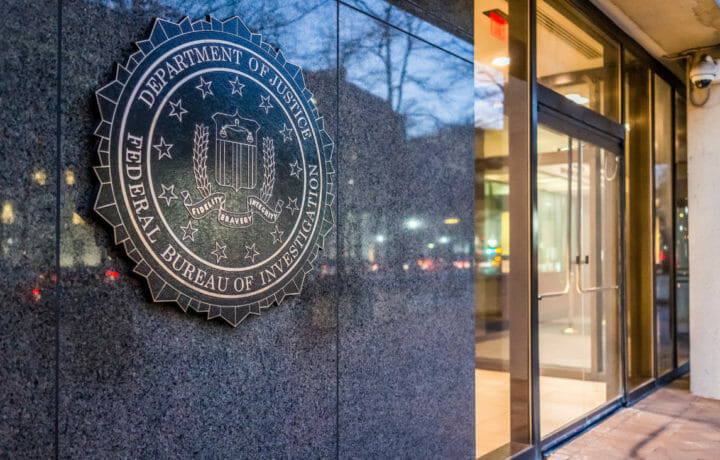In a recent Intelligence and National Security Alliance (INSA) leadership breakfast, FBI Director Christopher Wray outlined a new strategy for the bureau’s intelligence program, emphasizing its focus on addressing contemporary threats and enhancing operational effectiveness.
FBI: The NATSEC Swiss Army Knife
Wray highlighted the FBI’s pivotal role in bridging gaps that adversaries seek to exploit, underscoring the bureau’s ability to engage effectively with the Intelligence Community (IC) and private sector partners. With robust human intelligence (HUMINT) programs and law enforcement authority, the FBI functions as a versatile asset capable of addressing a wide array of threats. Wray likened the FBI to a Swiss Army knife, illustrating its adaptability and versatility in navigating complex security challenges.
Section 702
Wray emphasized the importance of Section 702 reauthorization during the Q&A session with The Honorable Sue Gordon. He asserted that its necessity goes beyond mere significance—it is indispensable. He said that the tool has been safeguarding Americans from foreign threats, particularly in the realm of cyber attacks.
Wray said that without 702, we are rebuilding a barrier that obstructs the seamless flow of vital information. He clarified that the search function under the tool operates akin to how we search our email inboxes. With Section 702, the IC can access information already lawfully collected to swiftly identify potential threats. Despite the challenges in proving its value, Wray emphasized the constitutional nature of 702’s provisions and the imperative of defending it to maintain national security.
The Data Problem
The bureau’s newly unveiled intelligence program strategy underscores the importance of technology, tradecraft, and training in addressing contemporary threats. With technological advancements driving an exponential increase in data volume, the FBI wants to recruit more data professionals. At the same time, the bureau is equipping existing personnel with enhanced data acumen. Wary emphasized the importance of keeping the FBI at the forefront of innovation, developing proprietary technologies to combat emerging threats such as deepfakes and advancing photo recognition capabilities.
The Power of Tradecraft
Tradecraft elevation emerged as another focal point during the discussion, with Wray emphasizing the nuanced nature of intelligence work and the importance of balancing risks in operational settings. Protecting sources, operations, and personnel remains paramount. Through comprehensive training initiatives, the FBI aims to equip its multi-disciplinary teams with the skills and expertise needed to navigate complex security challenges effectively.
FBI Partnerships
In light of evolving threats and resource constraints, Wray underscored the importance of strategic partnerships and collaboration across agencies and sectors. By leveraging interagency coordination and engaging with the private sector, the FBI seeks to enhance its operational effectiveness and mitigate emerging threats proactively. As the threat landscape continues to evolve, the FBI remains committed to upholding its mission of safeguarding national security interests through innovation, partnership, and strategic investment in talent and technology.
Recruiting in a Tough Budget Environment
During the breakfast, Wray also discussed the bureau’s recruitment efforts and budgetary challenges. Despite facing resource constraints, the FBI’s recruitment initiatives have yielded positive results, with a significant increase in the number of Americans applying to join the bureau. Wray emphasized the importance of strategic recruitment efforts. He noted that positive recruiting results have allowed them to focus on areas such as cybersecurity and diversity. Wray shared that the FBI remains dedicated to fostering a culture of excellence and collaboration to address the dynamic and evolving threats facing the nation.

